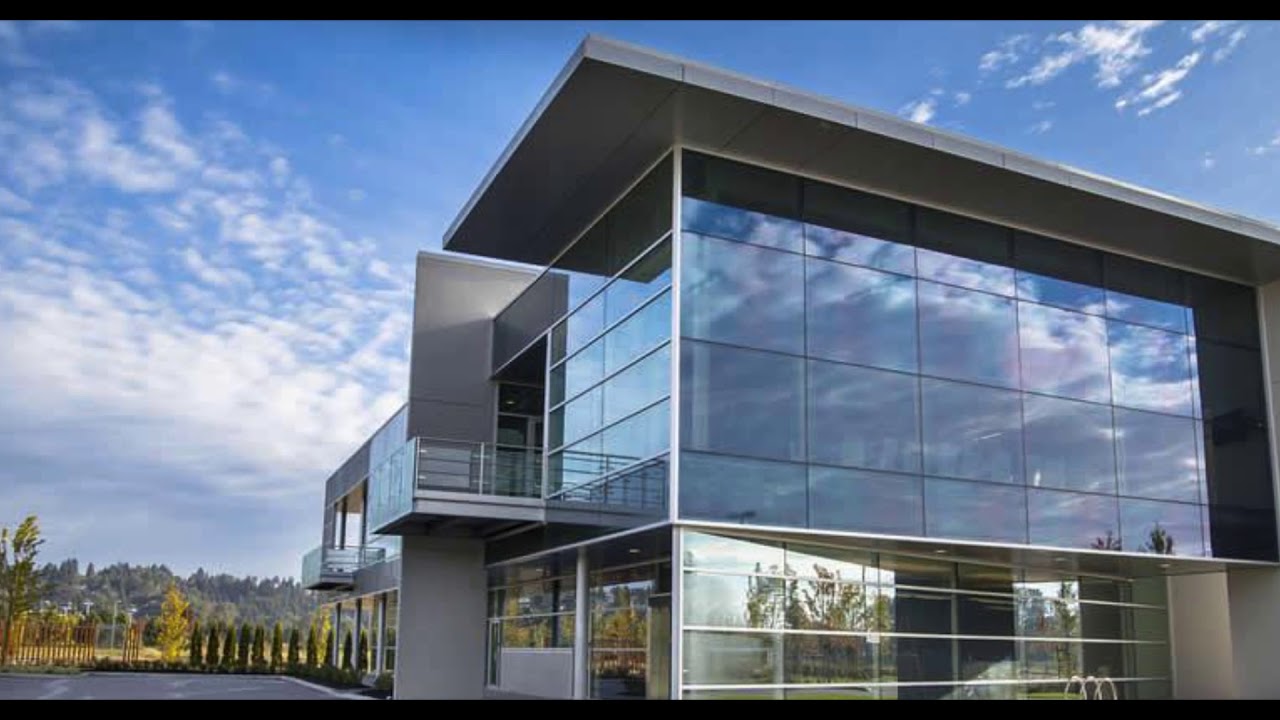Does Window Tinting Really Help with Heat and UV Protection?
Window tinting is a popular option for those looking to improve comfort, privacy, and the overall look of their vehicle or home. But one of the most important questions many people have is whether window tinting really helps with heat and UV protection. The simple answer is yes—window tinting can provide substantial benefits in terms of keeping spaces cooler and protecting you from harmful ultraviolet (UV) rays. But how does it work, and why is it so effective?
Let’s take a closer look at how window tinting works and how it helps block heat and UV rays from entering your vehicle or home.
How Does Window Tinting Work?
Window tinting involves applying a thin, transparent film to your windows. This film is usually made from polyester and comes in several types, such as dyed, ceramic, and carbon-based. The purpose of window tinting is to block certain types of sunlight—particularly infrared light and UV rays—that contribute to heat buildup and skin damage.
There are three types of light that come through your windows: visible light, infrared light (which causes heat), and UV light (which can cause skin damage). While visible light is harmless, both infrared and UV light can have a big impact on your comfort and health.
How Does Window Tinting Block Heat?
One of the main reasons people choose to tint their windows is to reduce heat. Tinting your windows can significantly reduce the amount of solar heat that enters your car, home, or office, making it a lot more comfortable during hot weather.
Most modern window films are specifically designed to block infrared light—the type of light that is responsible for the heat you feel when you sit in a car or stand near a window on a hot day. Window tinting can block a significant percentage of this heat, which means less reliance on air conditioning and a cooler environment overall.
In cars, this means a more comfortable ride without excessive heat buildup inside the vehicle. In homes and offices, it reduces the need for air conditioning, which can lead to lower energy bills. By blocking solar heat gain, window tinting helps maintain a consistent and comfortable indoor temperature year-round.
How Does Window Tinting Protect You from UV Rays?
UV rays are another significant concern when it comes to sunlight. These rays can cause skin damage, including sunburn and premature aging. Over time, UV exposure also contributes to more serious skin conditions like skin cancer. Additionally, UV rays can cause furniture, flooring, and upholstery to fade or deteriorate over time.
Window tinting films are designed to block up to 99% of UV rays, providing excellent protection for your skin. When you spend a lot of time in your car, home, or office, this added protection can significantly reduce the risk of skin damage. The UV protection offered by window tinting is similar to the protection you get from sunscreen, but without the need to reapply.
Furthermore, window tinting helps protect your interior spaces from the damaging effects of UV exposure. By blocking UV rays, window tinting prevents the fading and cracking of your furniture, carpets, and upholstery, helping to keep them looking new for longer.
What Are the Different Types of Window Tinting?
The level of heat and UV protection you receive from window tinting depends on the type of film used. There are several options available, each offering different levels of protection and appearance.
Dyed Films: This is the most basic form of window tinting. While dyed films block some heat and UV rays, they are not as effective as other types. They are also more prone to fading over time.
Metalized Films: Metalized films contain tiny metallic particles that reflect heat and UV rays. These films offer better heat and UV protection compared to dyed films and are more durable.
Ceramic Films: Ceramic films are among the best options for window tinting. They block both UV and infrared light while still allowing visible light to pass through. These films provide excellent heat reduction and UV protection without compromising visibility.
Carbon Films: Carbon films are also highly effective at blocking UV and infrared light. These films provide excellent heat protection while giving your windows a sleek, modern appearance.
Choosing the right type of tinting depends on your needs. Ceramic films, for example, are ideal for maximum heat and UV protection, but they may come at a higher cost than other options. On the other hand, dyed films are more affordable but offer lower protection.
Additional Benefits of Window Tinting
In addition to blocking heat and UV rays, window tinting provides several other advantages. Tinted windows help reduce glare, making driving easier and more comfortable. They also provide an added level of privacy, making it harder for others to see inside your car or home.
Window tinting can also increase the security of your space. Tinted windows are more difficult to break, making it harder for intruders to enter your vehicle or home. Tinted windows also help protect your interior from the sun’s harmful effects, extending the lifespan of your furniture, flooring, and other possessions.
Finally, window tinting improves the appearance of your vehicle or building. It gives your windows a sleek, modern look and can enhance the overall curb appeal of your property.
Conclusion
In conclusion, window tinting is a smart investment for anyone looking to reduce heat, protect against UV rays, and improve the overall comfort of their vehicle or space. The film blocks infrared light, which helps keep temperatures cooler, and provides significant UV protection, which can safeguard your skin and prevent fading of interior furnishings.
Whether you’re driving in the heat, working in a sunlit office, or relaxing at home, window tinting offers many benefits. It helps maintain a comfortable environment while offering protection from the sun’s harmful rays.
If you’re considering window tinting, reach out to a professional to learn more about your options and find the right solution for your needs. With the right window tinting film, you can enjoy a cooler, more comfortable space and better protection from UV damage.
FAQS:
Does window tinting reduce heat inside my car?
Yes, window tinting blocks infrared light, which reduces heat buildup, keeping your car cooler and more comfortable.
How much UV protection does window tinting provide?
Window tinting blocks up to 99% of harmful UV rays, protecting your skin and preventing interior fading.
Is window tinting effective for reducing energy bills?
Yes, it helps reduce solar heat gain, keeping indoor temperatures consistent and lowering the need for air conditioning.
Does window tinting affect visibility?
Modern window tints allow clear visibility while reducing glare and heat, especially with high-quality options like ceramic films.
How long does the UV protection from window tinting last?
UV protection lasts for the lifetime of the tint, typically many years, offering long-term skin and interior protection.




